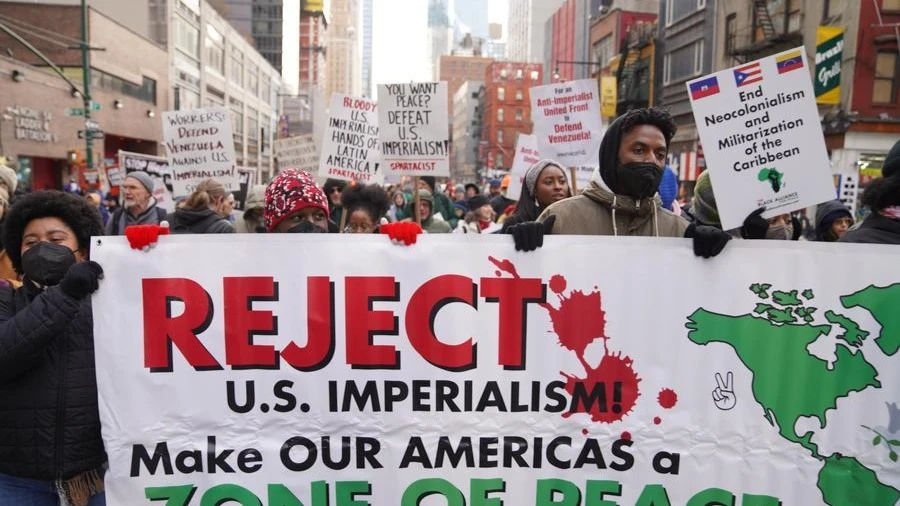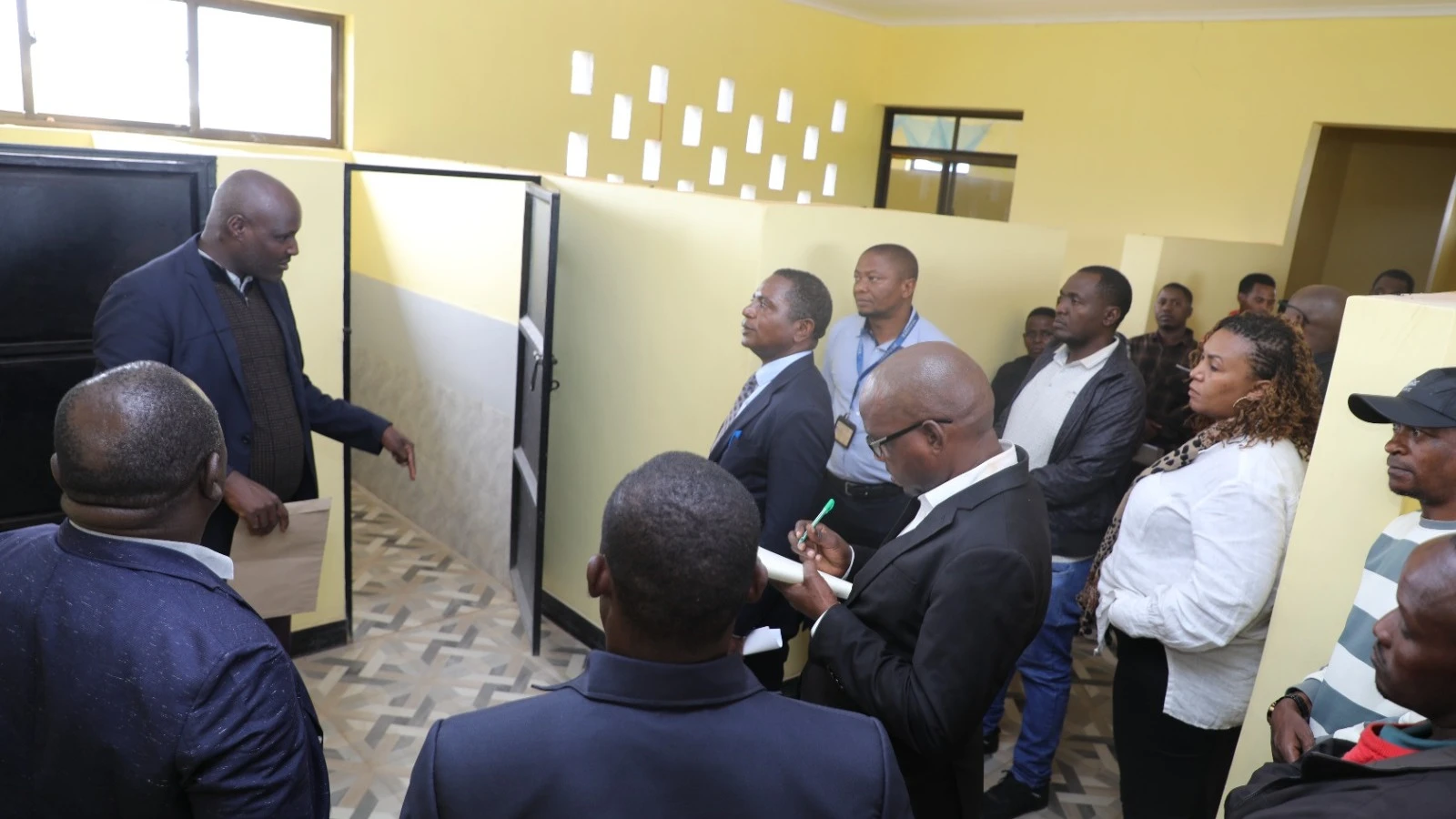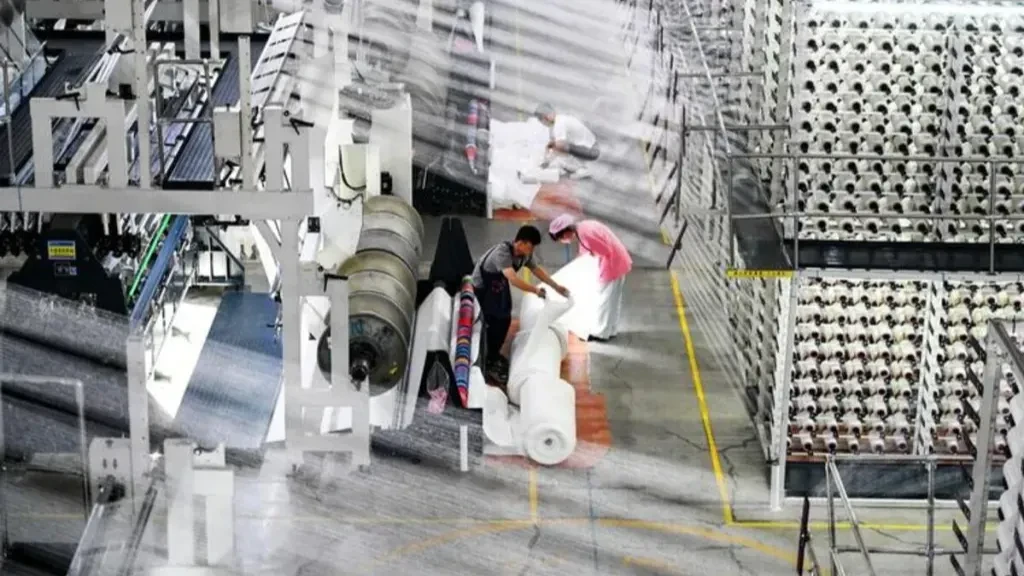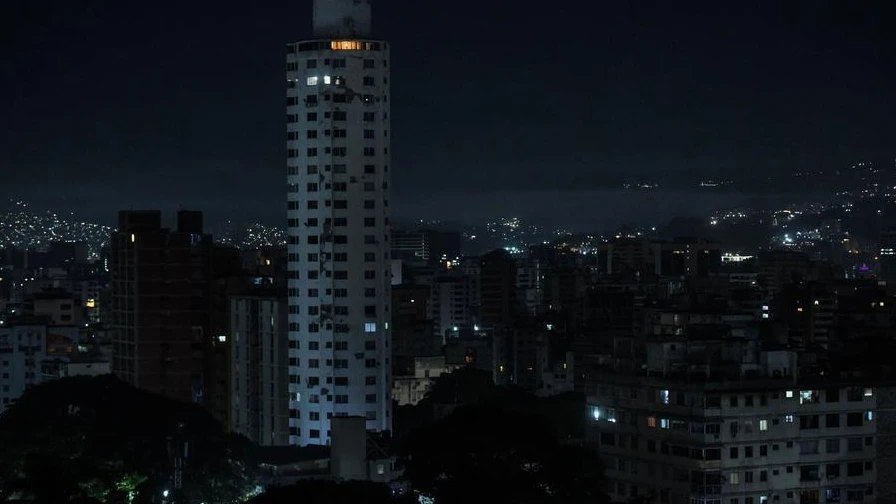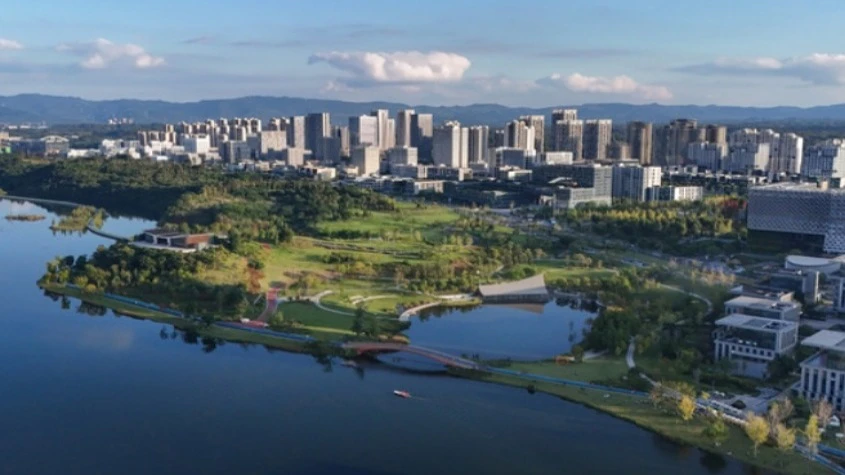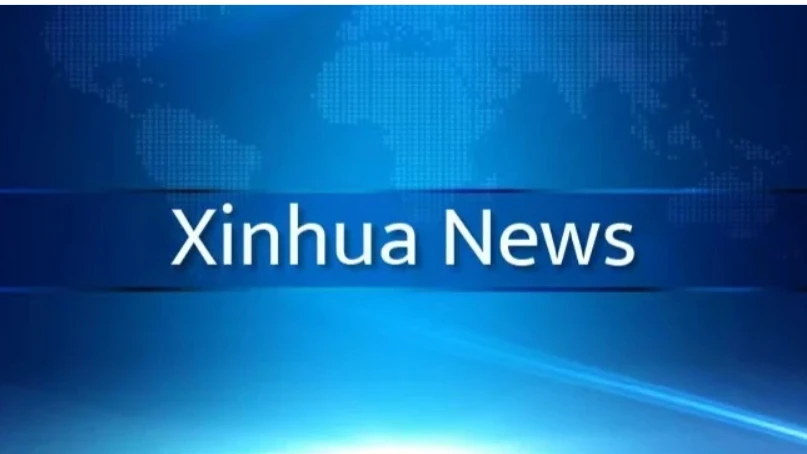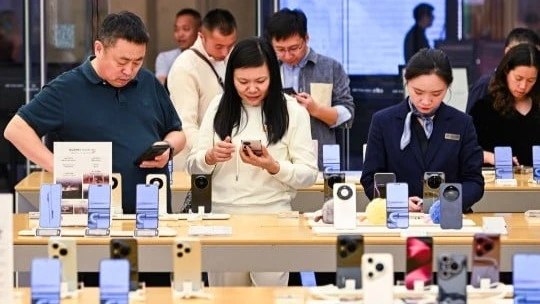Private sector engagement crucial for sustainable health services
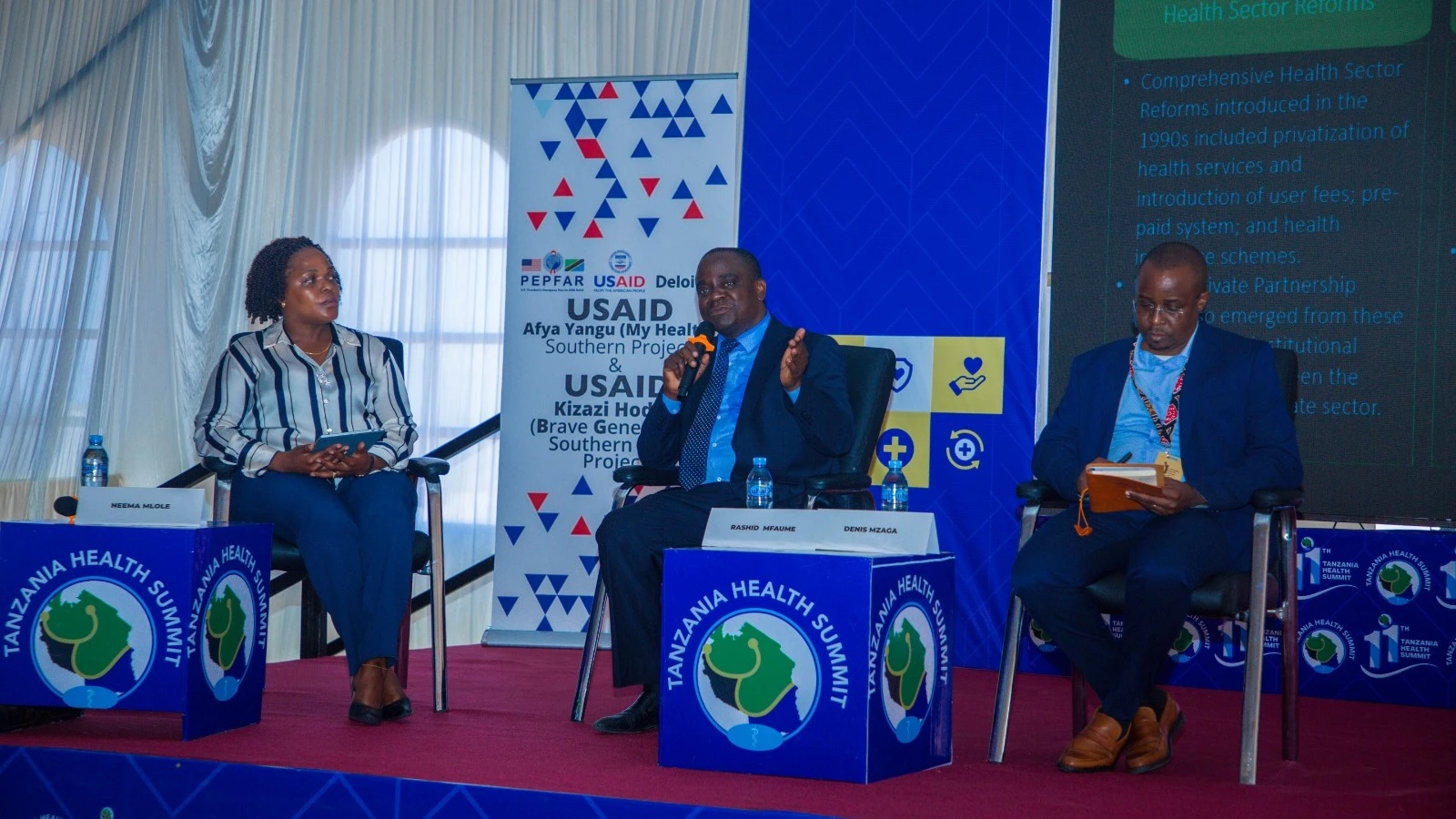
MUTUAL trust, collaboration and transparency between the government and private health stakeholders are crucial in ensuring sustainability of health care services in the country.
Speaking during the 11th Tanzania Health Summit (THS) which was held in Zanzibar, Director of Health, Social Welfare and Nutrition Services at the President’s Office (Regional Administration and Local Government Authority), Dr Rashid Mfaume said that currently about 85 percent of health care services in Dar es Salaam are provided by private health care facilities.
“The government has shown political will and implemented policies that create a conducive environment for private sector stakeholders to work towards achieving their goals while collaborating with the government” said Dr Mfaume while speaking at a Health Forum organized by Deloitte with the support of the U.S. President's Emergency Plan for AIDS Relief (PEPFAR) PEPFAR through United States Agency for International Development (USAID).
Deputy Chief of Party for USAID Kizazi Hodari Southern Zone Kenneth Chima said despite these achievements, the projects still faces challenges due to limited funding and competing from the government priorities.
USAID Kizazi Hodari Southern Zone is a five-year project which is being funded by PEPFAR through USAID, was highlighted as a good example of such private sector engagement.
The project, which kicked off in 2022, works with 14 civil society organizations in Southern Tanzania and aims at improving health, well-being and protection of orphans, vulnerable children and youth in communities with high HIV burden.
To address these challenges, the project has initiated a strategy to mobilize resources from private sector stakeholders to support beneficiaries.
In a pilot initiative in Njombe, USAID Kizazi Hodari Southern Zone raised Tzs 142 million to support agricultural projects, vocational training for youth and soft loans for women in Ruvuma.
USAID Tanzania Head of System Strengthening, Godfrey Nyombi said that USAID works in supporting government health projects that touches lives of Tanzanians from grassroots level with an aim of improving lives.
“We are proud of this health forum which highlights the achievements of projects that we have been funding. We will continue working and collaborating with the Tanzania government for purpose of making lives of Tanzanians and especially those living in rural areas better,” said Nyombi.
The summit, which focused on private sector engagement in the HIV response at the primary health care level with one of the key discussed topic being the importance of engaging local donors and funders to support the sustainability of health projects, especially given the challenge of shrinking of international funds.
Top Headlines
© 2026 IPPMEDIA.COM. ALL RIGHTS RESERVED








